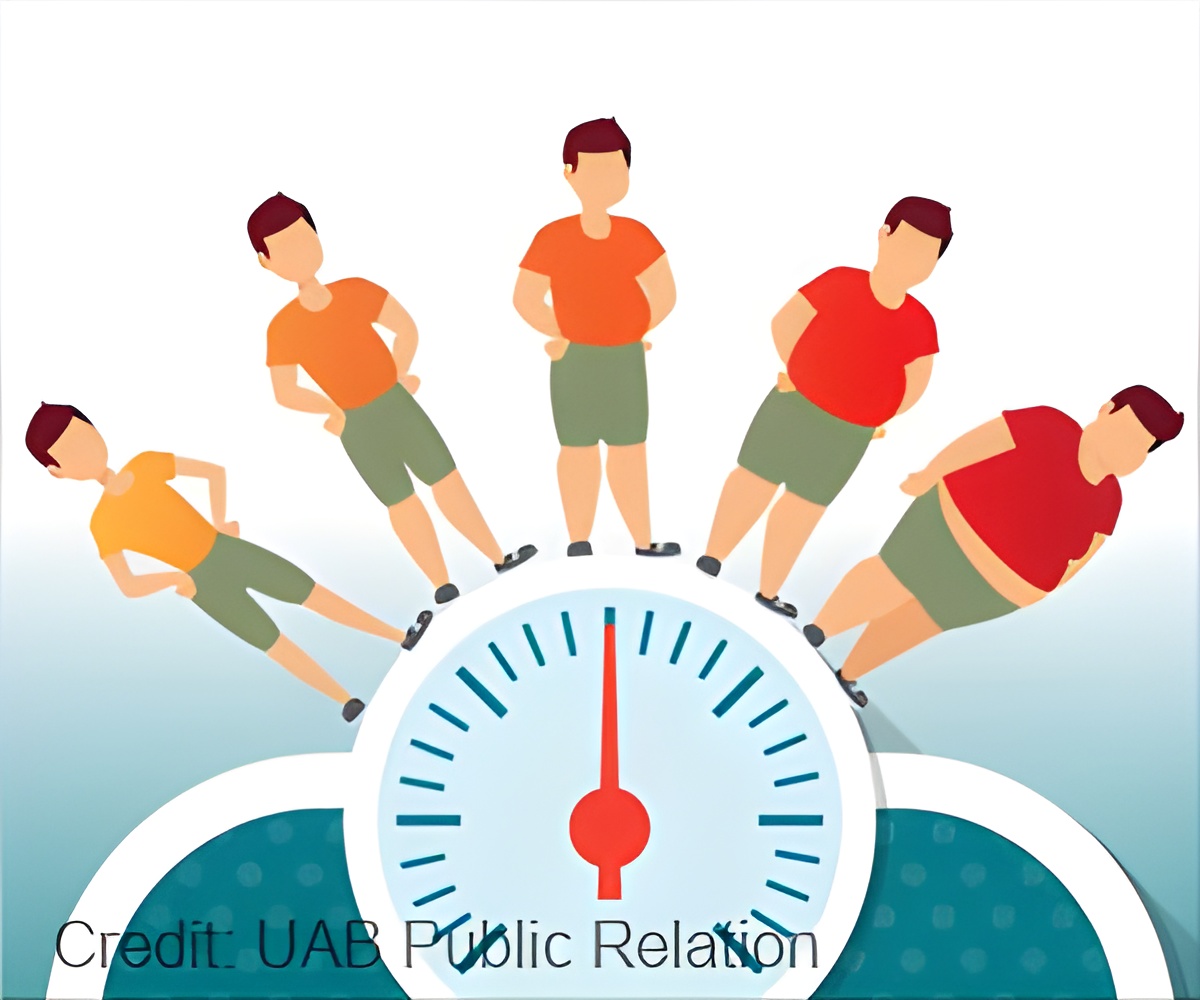
‘Decreasing sugary drink consumption through youth empowerment may be a promising strategy for families to engage in additional healthy eating efforts.’
Read More..Tweet it Now
"Youth created their own narratives around why it was important for them--not their parents, teachers, or researchers like myself--to change the types of beverages they were drinking," says study lead author Dr. Monica Wang, assistant professor of community health sciences at BUSPH. Read More..
"This type of empowerment strategy recognizes youth as experts in their own lives, and maybe particularly engaging for the youth of color."
After a training from Wang and her colleagues, BGC staff in the pilot study led an ethnically diverse group of nine- to twelve-year-old youths in activities that promoted replacing sugar-sweetened beverages with water, including blind taste tests of flavored water, a corner store scavenger hunt, and role-play skits about ways to drink water and what to do when tempted by sugary drinks. The staff also guided the participants in creating written, audio, and video narratives to promote replacing sugar-sweetened beverages with water and provide strategies for doing so. The youths then taught their parents or guardians what they had learned each week, shared their narratives, and led a culminating BGC community event at the end of the six-week program.
"Most obesity prevention programs target multiple behaviors, but we found that a youth empowerment program targeting one dietary behavior could prevent obesity risk among youth," Wang says.
"Reducing sugary drinks through youth empowerment may be a promising starting point for families to engage in additional healthy eating efforts down the road."
Advertisement
Source-Eurekalert









